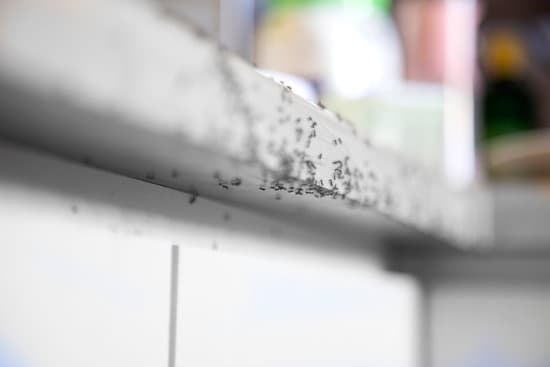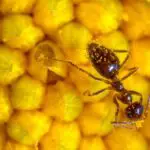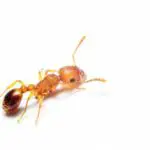Why Do Ants Take Naps?
Unlike humans, ants don’t sleep all the time. They take naps when they can, or when they’re on the job. Some ants even go to sleep in a nest.
The length of an ant’s sleep varies, but most species of ants will only take short naps between foraging trips. Some ants even hibernate through the winter.
When it comes to sleep, ants haven’t been studied as closely as other animals. However, researchers have found some interesting facts about ants’ sleep habits.
In the lab, researchers at the University of South Florida studied queens and workers. The queens would sleep in six-minute intervals for up to nine hours a day.
Researchers also found that workers were inactive for up to 72% of the time. In addition, ants would also display a rapid antennal movement, which is likened to REM sleep in vertebrates.
However, researchers haven’t yet figured out why ants are able to do such a trick. Ants do not have complex nervous systems, so monitoring their brain activity would be difficult.
One reason why workers may sleep so much is because they are not receiving enough sunlight to affect their circadian rhythms. Other animals, like dolphins and orcas, are able to synchronize their sleep states when in a colony.
Aside from sleep, ants are also capable of performing other tasks. They can help guard a nest, bring in food, and even defend themselves.
There are also species of ants that are opportunistic sleepers. They will sleep in their own nests and even in holes in the ground. They might also sleep outside in windy or dry areas during the day.








